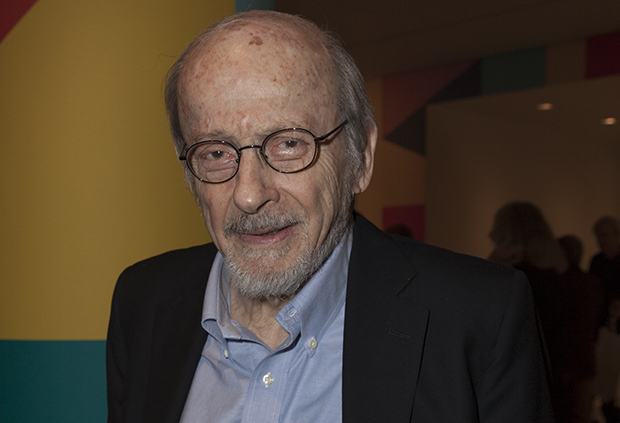
E. L. Doctorow on May 14, 2013. lev radin / Shutterstock.com
Edgar Lawrence Doctorow, a supporter of Index on Censorship, passed away on 21 July 2015 at 84.
A lifelong champion of free expression and considered one of the greatest novelists of the twentieth century, Doctorow’s passing comes at a time when freedom of speech is being challenged across the USA, from no-platforming in universities to the banning of books and materials.
Doctorow was born to second-generation Russian Jewish parents in the Bronx, New York, an area he loved and one which formed the basis for many of his novels. He had his first literary work published while still a teenager in his high school magazine and went on to study with the poet John Crowe Ransom at Kenyon College, Ohio, where he majored in philosophy.
He started his literary career in publishing but began writing novels in the late 1960s. His first published work was The Book of Daniel, a fictional account of the trial and execution of convicted US communists Julius and Ethel Rosenberg, written from the viewpoint of their children. Ragtime, his next novel, was published in 1975 and is considered his best, named at number 86 in the top 100 American novels of the twentieth century by the Modern Library editorial board. A work of historical fiction, Ragtime focuses on a wealthy family in early twentieth century New York. He went on to pen nine further books, three more of which were award-winners (World’s Fair, Billy Bathgate and The March), and in 2014 he won the Library of Congress Prize for American Fiction.
Doctorow championed numerous causes promoting the right to global freedom of expression. In the January 1988 issue of Index on Censorship magazine, he was noted, along with a multitude of other American writers, as having been monitored extensively by the FBI due to his works being considered, “subversive, suspicious or unconventional”. In the late 1980s, he was on the board of the Fund for Free Expression, New York, who assisted and supported Index’s work.
Later in life, in 2013, he was one of over one hundred signatories on a letter calling on the Chinese government to respect its population’s right to freedom of expression, and he was heavily involved with the work of PEN America, serving on their board and judging at their literary awards. He refused to be silenced in his efforts to draw the world’s attention to the plights of censored writers until his death.











